Dunkin’ Is Trimming Its Footprint. Should Landlords Worry?
The coffee-and-donut retailer estimates that 8 percent of its U.S. locations may close, but there may be more to the move than meets the eye.
Dunkin’ Brands Group expects that 800 of its Dunkin’ locations in the U.S. may close this year in another move by a major retailer to trim its real estate portfolio. While the stream of potential closures makes for dramatic headlines, property experts caution that there’s more than meets the eye to the coffee-and-donut chain’s latest announcement.
The 800 locations on the chopping block include 450 limited-menu, self-serve kiosk locations housed within the Speedway convenience store and gas station chain. From an ownership standpoint, closing these assets shouldn’t affect the income or value of the property, noted Jimmy Goodman, partner at The Boulder Group, the Chicago-based net lease advisory firm.
READ ALSO: Will Retail Sales Growth Continue?
“They’re basically a store within a store,” he told Commercial Property Executive. The situation echoes the planned closure of 200 McDonald’s locations, which the fast-food giant announced last week. Those low-volume restaurants are located mostly in Walmart stores and form a tiny fraction of the 14,000 venues McDonald’s operates across the country.
Nasdaq-listed Dunkin’ Brands already revealed in early July that the 450 Speedway locations may be closing. The news that an additional 350 locations may permanently shut their doors came in the firm’s second-quarter results announcement, which flagged a 20 percent overall revenue decline as the coronavirus crisis kept customers away from stores.
Trimming the fat
The 350 additional stores are “low-volume, off-strategy, primarily non-traditional venues,” the company noted in a statement. All 800 locations slated for potential shuttering would represent around 8 percent of the overall Dunkin’ restaurant footprint in the U.S. and 2 percent of 2019 system-wide sales. The firm said that the 450 Speedway locations, representing less than 0.5 percent of sales, are distributed along the East Coast, mainly in Virginia, Pennsylvania and New York.
“We are assessing our real estate portfolio and working with our franchisees to permanently close off-strategy, low volume sales locations,” the company said, adding that the closings will enable many franchisees to invest in remodels or new restaurants and potentially relocate stores to higher-traffic areas or locations where they can add a drive-through.
The company said that about 96 percent of its U.S. locations were open as of July 25. Most of the locations that have remained closed are on college campuses and in transportation hubs, sports venues and other alternative sites. Dunkin’ also reported that 350 restaurants outside the U.S. may permanently close in the second half of the year.
A surfeit of stores?
“From a core business perspective, I think they are over-stored,” said Jeff Green, retail consultant and a partner of Hoffman Strategy Group. “Number two, they just have too much square footage. And I think people are more prone now, and probably for quite a while—not forever—to do carry-out and drive-through, instead of going into the stores.”
Green added that chains like Starbucks are facing a similar challenge with oversized stores, given the way that consumer behavior is changing. Much of the square footage allocated to the coffee chain’s stores, for example, was earmarked for people who wanted to work—but amid the pandemic and lockdowns, Americans are getting used to working from home. Starbucks announced in June that it would close up to 400 company-owned locations in North America over 18 months while adding more drive-through and curbside pickup formats.
Zachary Klein, an associate director at Fitch Ratings covering real estate and leisure, said that retailers may be learning from the mistakes made by department stores and others that moved too slowly to cut laggards and failed to evolve with changing consumer needs.
“The rationalization of store count is something we expect to continue seeing, even for tenants that aren’t in danger of bankruptcy, and will increase downward pressure on retail rents,” he noted. “Companies are going to remain more conscious about cutting less profitable, less efficient stores loose before they become a significant drag on the rest of the portfolio.”
Facing volatility
The food service industry is struggling to recover from the crisis that powered down much of the U.S. economy for months. A report by Yelp found that of the 26,160 restaurants that were shuttered as of July 10, more than 60 percent (15,770) have closed their doors for good. Major food and beverage chains that have permanently shuttered dozens of stores include IHOP, Le Pain Quotidian, Souplantation and Steak ‘n Shake.
But the pain isn’t universal. On the flip side, Goodman said that he is still seeing McDonald’s, Dunkin’ and other quick-service restaurants and coffee users with drive-throughs trading very well in the net lease market. The successful properties are in the $1 million to $2.5 million price range with good credit behind them. “The drive-through has allowed these companies to break even or still remain profitable during the COVID pandemic,” he said.

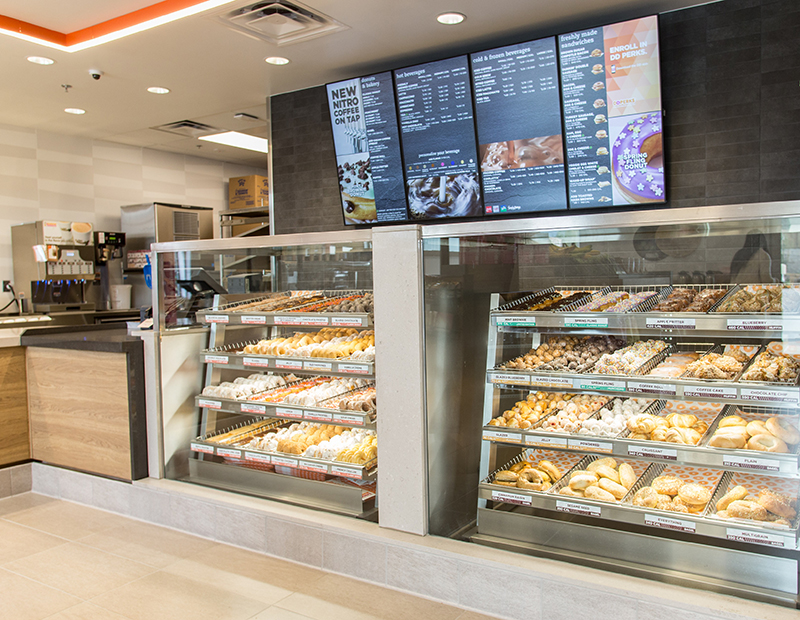
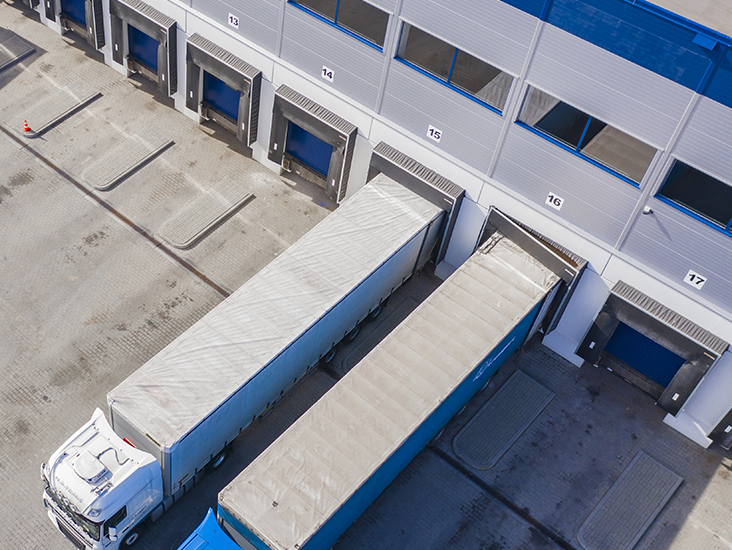
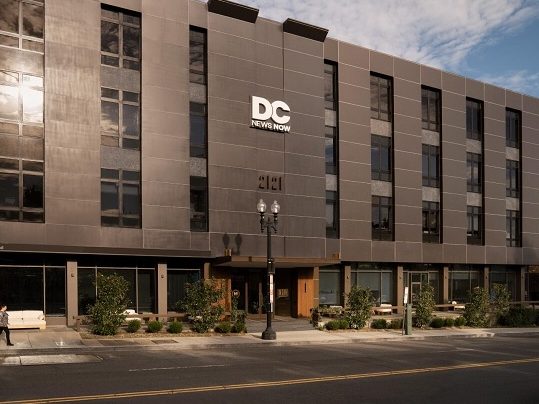
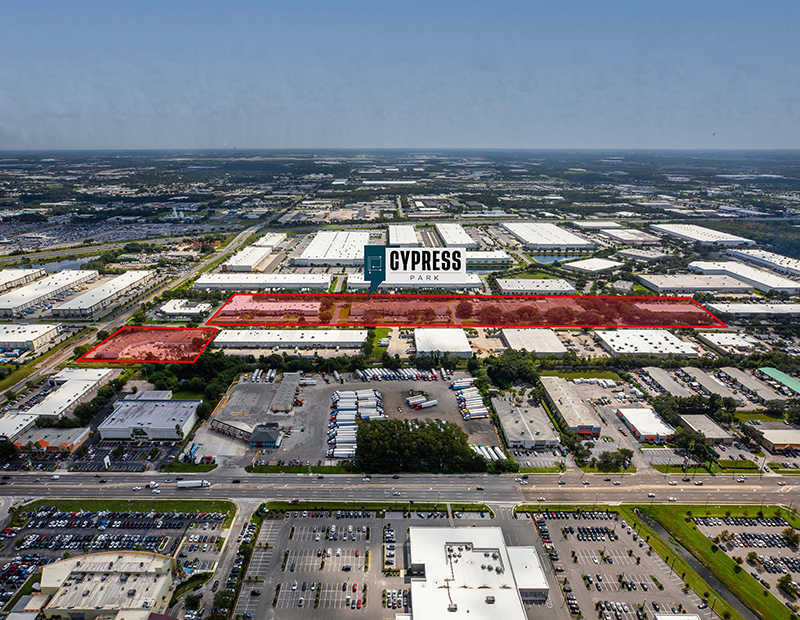

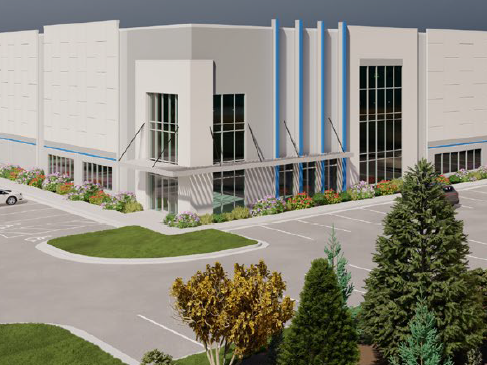
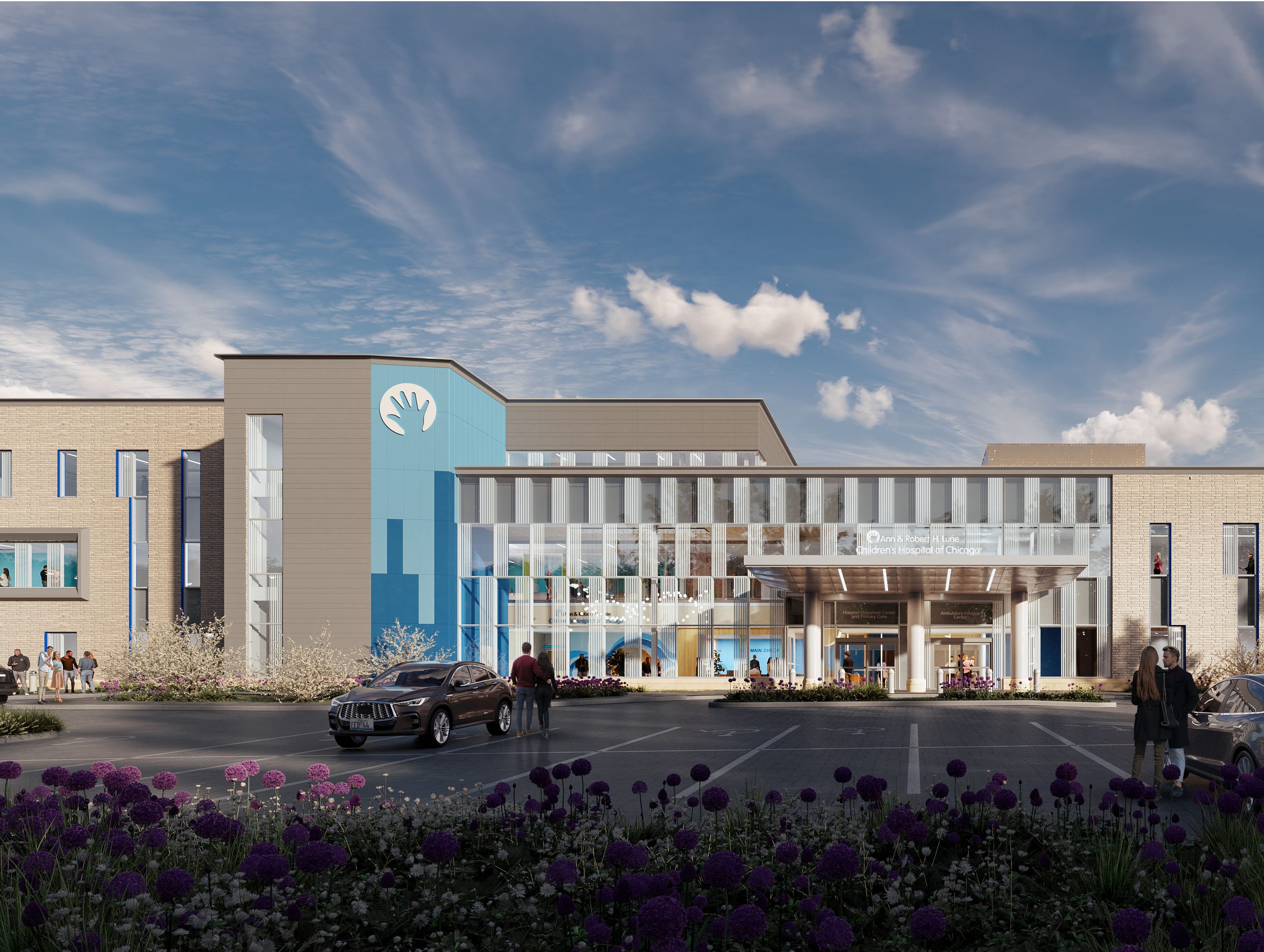
You must be logged in to post a comment.